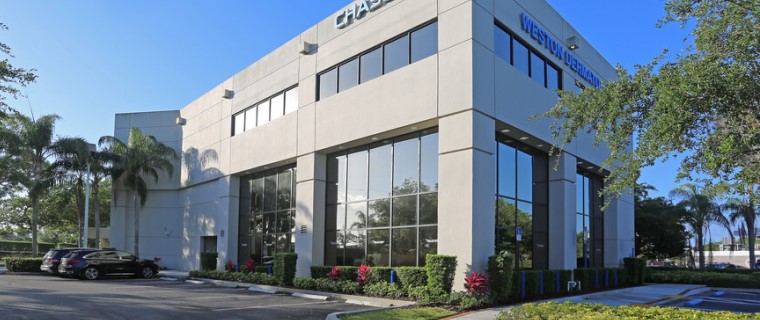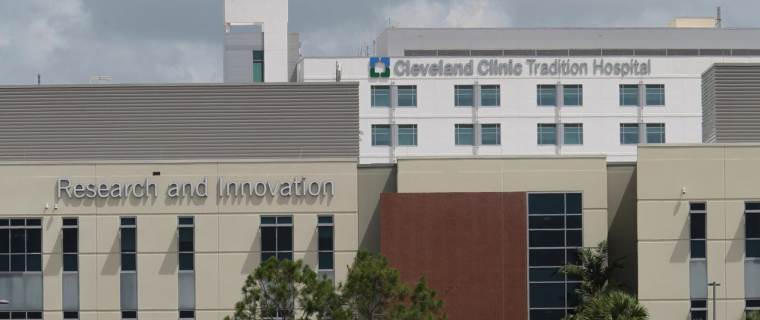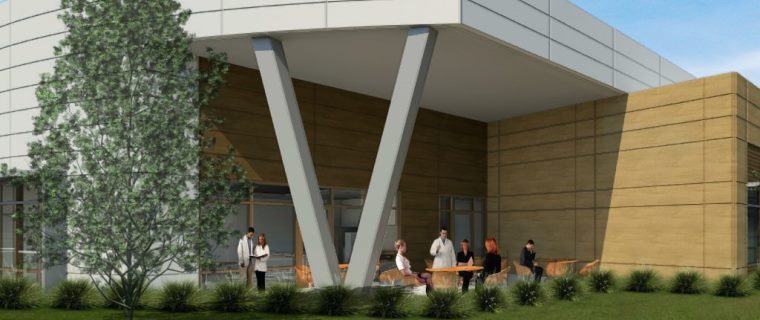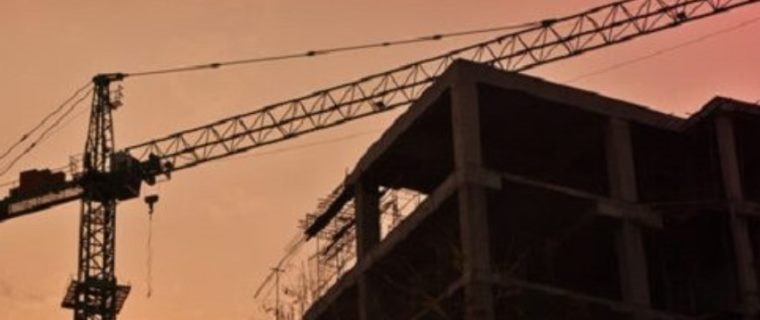Cleveland Clinic Florida purchased 44 acres near its Tradition Hospital from the city for $5.7 million, but what might be built there remains unknown.
The health-care giant has grown its operation in Tradition significantly since acquiring Martin Health System, the owner of Tradition Hospital, nearly two years ago.
Last year it took over the former Vaccine & Gene Therapy Institute of Florida facility in Tradition, renamed it the Florida Research and Innovations Center and in April transformed it into a global and emerging-pathogens center to conduct COVID-19 research and more.
While the land deal lays the groundwork for continued expansion in Tradition, hospital officials said they have no immediate plans for the newly purchased property in Southern Grove.
For now, hospital spokesman Scott Samples said, Cleveland Clinic is still analyzing what medical services the community needs.
Cleveland Clinic still could develop the site, north of Discovery Way, for the $30 million Neuroscience Center of Excellence that Martin Health proposed in August 2018.
The neuroscience center was proposed to meet the need for stroke treatment, brain and spine surgery and neurology on the Treasure Coast and northern Palm Beach County, officials said.
At the time, officials said It would create about 150 jobs over five years, and Martin Health even received an economic-incentives package from the city of Port St. Lucie to build the center.
Since then, however, Cleveland Clinic has incorporated parts of that program into existing buildings at Tradition Hospital, Samples said.
In purchasing the 44 acres, Cleveland Clinic told the city only that it would develop at least 400,000 to 500,000 square feet of medical offices to conduct scientific research and development.
Cleveland Clinic paid $2 million less than the land’s $7.7 million appraisal. The city bought the land in 2018 for about $400, according to the Property Appraiser’s Office, after Tradition Land Company bailed out on the $5.4 million it owed in property taxes and assessments.
Port St. Lucie officials, who approved the land sale Monday, said they were unaware of any plans Cleveland Clinic has for the property.
Source: TC Palm





